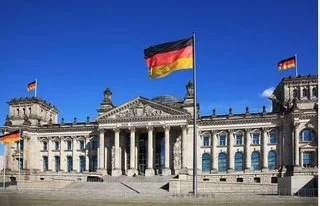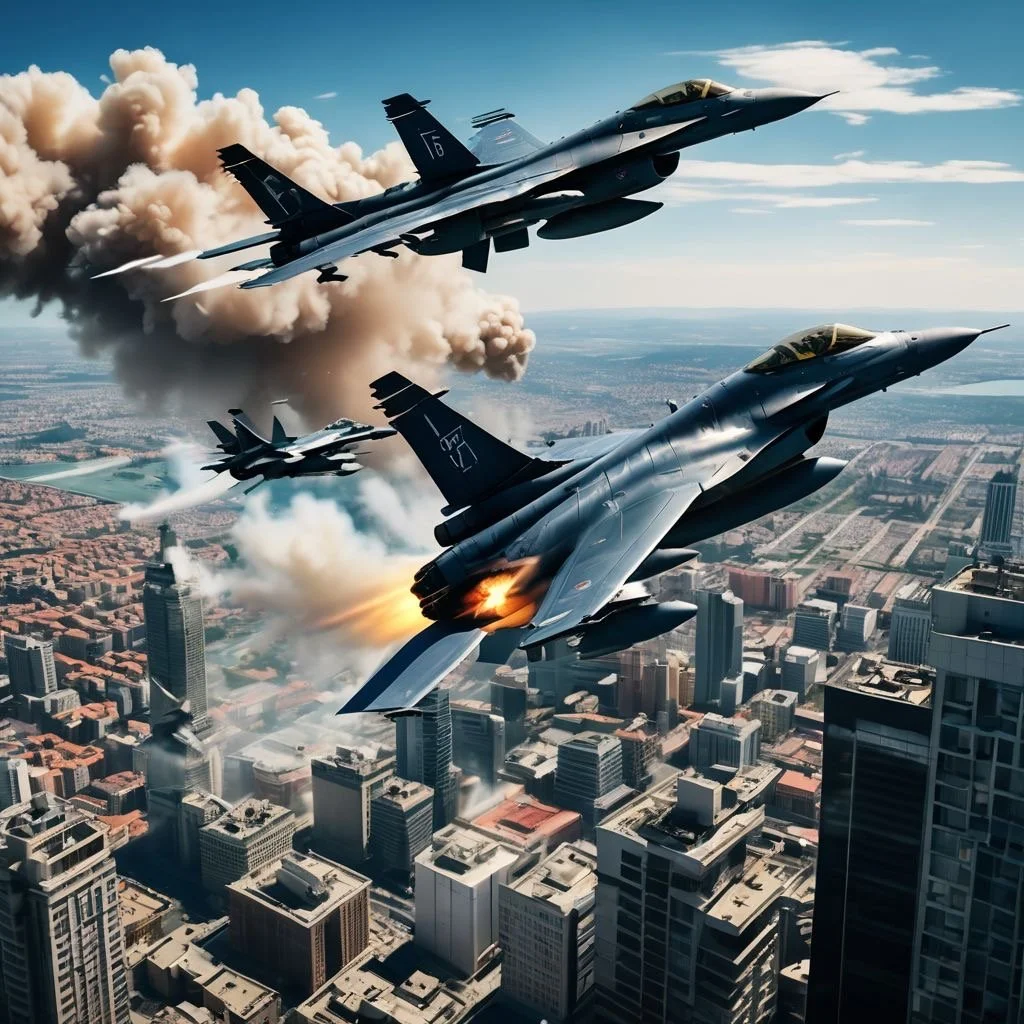Middle East Chaos - Initial review
It's deeply concerning to witness how the situation in the Middle East is unfolding, particularly with the United States' influence seemingly limiting the UN's ability to intervene. Israel's actions are increasingly viewed as those of a rogue nation, and it's worrisome to think about the potential repercussions for the US in the future.
The conflicts in Gaza, Lebanon, Yemen, and Syria are complex, with roots tracing back to the Arab Spring. Labeling all involved parties as terrorist groups doesn't address the underlying issues and seems to overlook the complexities of the region. It's hard to understand who such oversimplifications are meant to convince.
The juxtaposition of Israel's war plans on Iran leaking while simultaneously sending Blinken to Israel for ceasefire talks raises questions about the consistency and sincerity of diplomatic efforts. It’s disheartening to see the Middle East continue to face destruction, and it's puzzling why other Arab nations aren't more alarmed by what's happening.
Understanding the history of IS, ISIS, and ISIL is crucial, especially considering the past interventions in Afghanistan, Iraq, and Libya, which have now extended into proxy wars across various regions.
Looking ahead, the global landscape might shift significantly in the next 25 years. Many nations, possibly spearheaded by initiatives like BRICS 2.0, could seek to balance the current global dominance. It's a reminder that true leadership isn't achieved through advanced defense systems alone, but through using technology to improve society.
The devastation has put Gaza 69 years behind is heartbreaking. Every death is a tragedy, and the image of Israeli tanks moving through areas with injured and deceased individuals is chilling.
We must ask ourselves if this is the kind of world we want to live in. Empathy and understanding are needed more than ever to pave the way for a more peaceful future.









